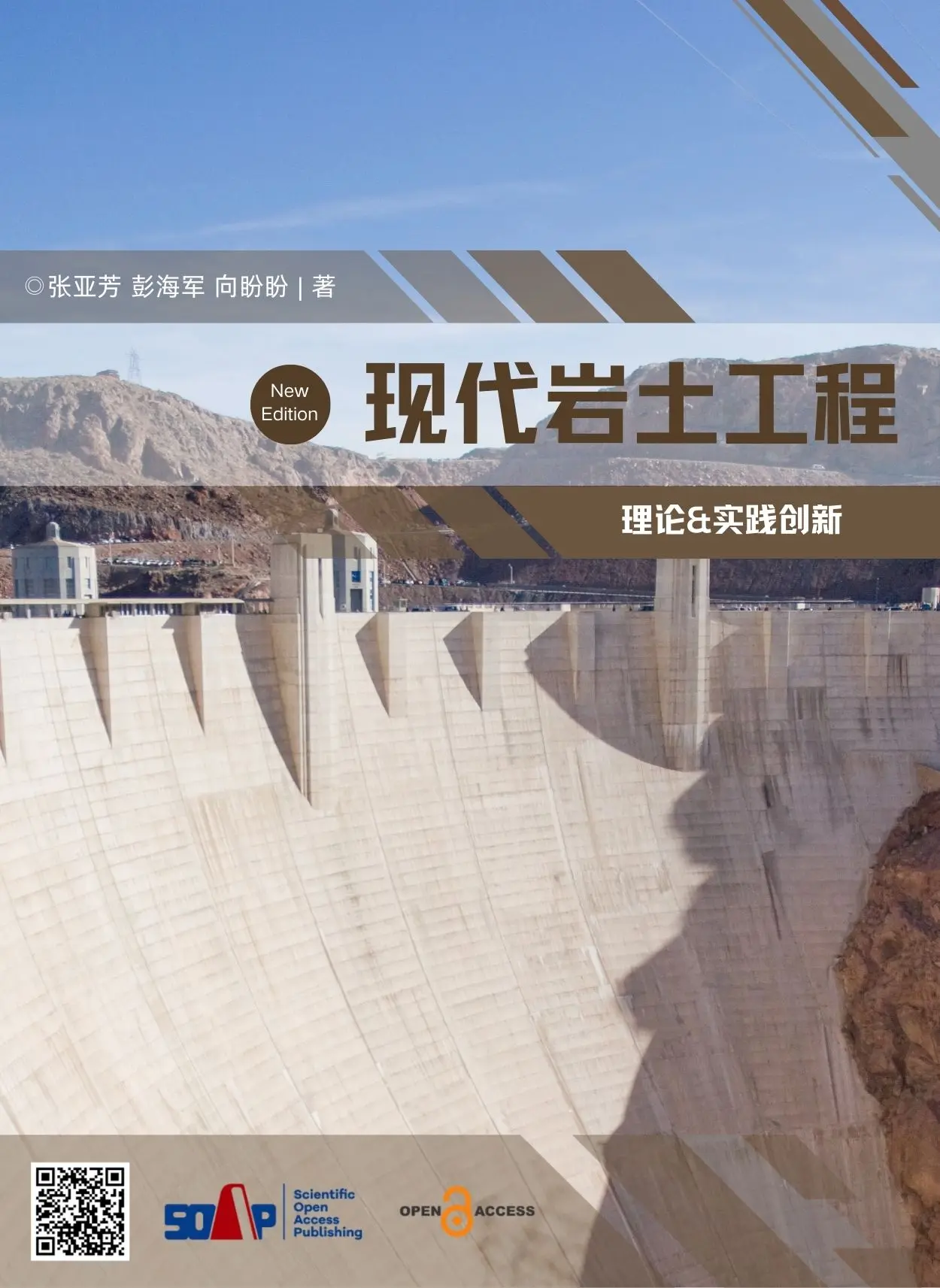
Modern Geotechnical Engineering: Theories and Innovative Practice
现代岩土工程: 理论&实践创新
Detailed Information
Author Introduction
Book Introduction
Catalog
Yafang Zhang
Member of the Communist Party of China, Master’s degree, Senior geotechnical engineer.
She graduated with a degree in geological engineering from China University of Geosciences (Beijing) and currently serves as a full-time faculty member at the School of Industry and Urban Development at Qingdao Hengxing University of Science and Technology. She possesses a solid theoretical foundation and extensive industry experience. In both academic and research fields, she has devoted herself to geotechnical engineering, publishing numerous academic papers focusing on practical technical issues within the industry. She has also applied for numerous patents, promoting the translation of research findings into practical technologies. She has also led numerous research projects, exploring solutions closely aligned with industry needs. She demonstrates professionalism and a pragmatic approach in both teaching and research.
Haijun Peng
Master’s graduate in geological engineering from China University of Geosciences (Beijing)
Currently serves as a project manager for a well-known real estate company. Leveraging her solid professional knowledge and extensive project experience, she has continuously advanced within the industry. She possesses unique insights and proven practical skills in land appraisal, real estate valuation, urban and rural planning, and engineering consulting. Since starting her career, she has been deeply involved in the full-process operations of numerous large-scale real estate projects, leading the entire process from pre-planning and risk assessment to implementation. She precisely manages project milestones and resource allocation, using professional judgment to mitigate potential risks, and has provided crucial support for the smooth implementation of numerous benchmark projects. She demonstrates exceptional coordination and industry insight in her work.
Panpan Xiang
Master’s student with a degree in Management Science and Engineering from Fuzhou University
Currently works at Qingdao Hengxing University of Science and Technology. Through her deep professional experience, she has accumulated a solid and systematic theoretical knowledge, combined with practical experience from diverse industries, forging a professional advantage that balances theory and practice. She has also achieved fruitful results in research, publishing numerous academic papers, applying for numerous utility patents, and leading and participating in numerous research projects. In her teaching, she consistently adheres to the principle of deeply integrating theory and practice, helping students enhance their professional application capabilities through case studies and practical project guidance.
Modern Geotechnical Engineering: Theories and Innovative Practice offers a systematic and forward-looking exploration of geotechnical engineering in the context of contemporary infrastructure development and environmental challenges. The book bridges classical theories with modern innovations, highlighting how emerging technologies and scientific advances are reshaping the design, construction, and maintenance of geotechnical systems.
The author examines core principles of soil mechanics, foundation engineering, and slope stability while integrating new approaches such as advanced numerical modeling, intelligent monitoring systems, and sustainable construction practices. Special attention is given to geotechnical risk management, disaster prevention, and the use of smart sensing technologies in predictive maintenance.
Designed for researchers, engineers, and graduate students, this volume serves as both a theoretical foundation and a practical guide. It provides in-depth case studies, methodological insights, and applied solutions that connect geotechnical theory with real-world engineering challenges. By combining academic rigor with engineering innovation, the book contributes to advancing geotechnical practice in the era of digitalization and sustainability.




